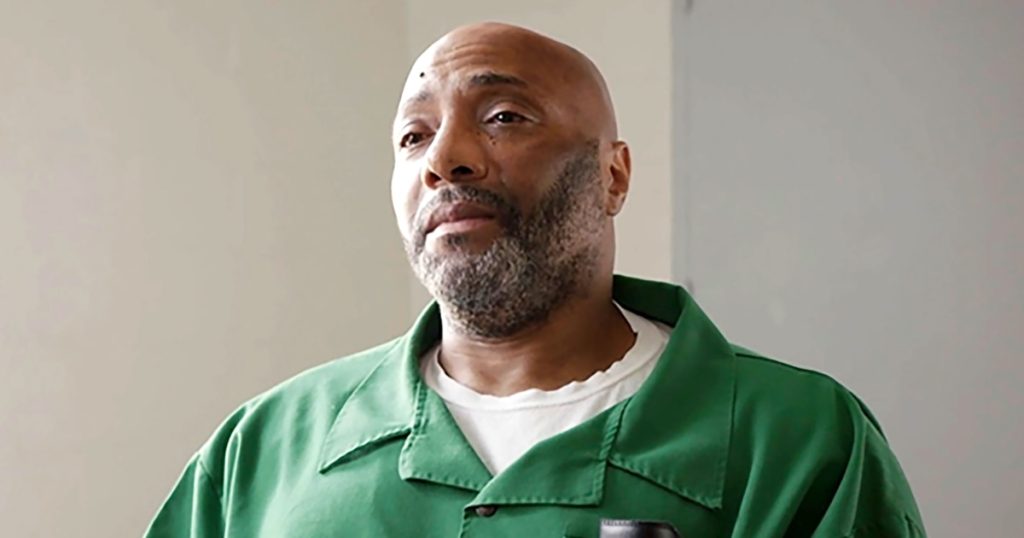Richard Moore was put to death by lethal injection in South Carolina for the fatal shooting of a convenience store clerk in 1999. Despite pleas for mercy from various parties, including jurors, the judge from his trial, a former prison director, pastors, and his family, his sentence was not reduced. Moore, who was 59 years old, was pronounced dead at 6:24 p.m. He had been convicted of killing the store clerk and was sentenced to death two years later.
His lawyers had requested Republican Governor Henry McMaster to commute his sentence to life in prison without parole based on Moore’s clean prison record and willingness to mentor other inmates. They also argued that it was unfair to execute someone for an act that could be considered self-defense. However, McMaster refused to grant clemency, and Moore became the first African American inmate on South Carolina’s death row to be executed by an all-white jury.
During the execution, the curtain to the death chamber was open, and Moore’s last words had been read by his lawyer. As the procedure began, Moore took several deep breaths until his breathing eventually stopped at around 6:04 p.m. Members of the victims’ family, the prosecution team, and media witnesses were present at the execution, watching silently.
Prior to his execution, several parties, including three jurors who sentenced Moore to death in 2001, the judge from his trial, his children, friends, and pastors, had asked for clemency. They described Moore as a changed man who had turned to God and sought redemption. Despite efforts to delay the execution, Moore was the second inmate to be executed in South Carolina since it resumed executions. Four more inmates are awaiting their execution dates.
Moore’s case raised questions about fairness in the criminal justice system, as his lawyers argued that his trial was not conducted fairly. They claimed that his original attorneys did not analyze the crime scene properly and left unchallenged the prosecution’s contention that Moore had intended to rob the store clerk, despite coming in unarmed. Additionally, Moore’s lawyers highlighted the lack of diversity in the jury, with no African Americans in the panel despite the county’s significant Black population.
In an interview before his execution, Moore expressed remorse for the crime and asked for forgiveness from the victim’s family. His lawyers, family, and supporters emphasized his positive impact on others in prison and his family. They argued that while Moore had committed a serious crime, it was not the worst-of-the-worst kind of offense that typically warrants the death penalty. Despite the varied pleas for clemency, Moore’s sentence was carried out as scheduled.












